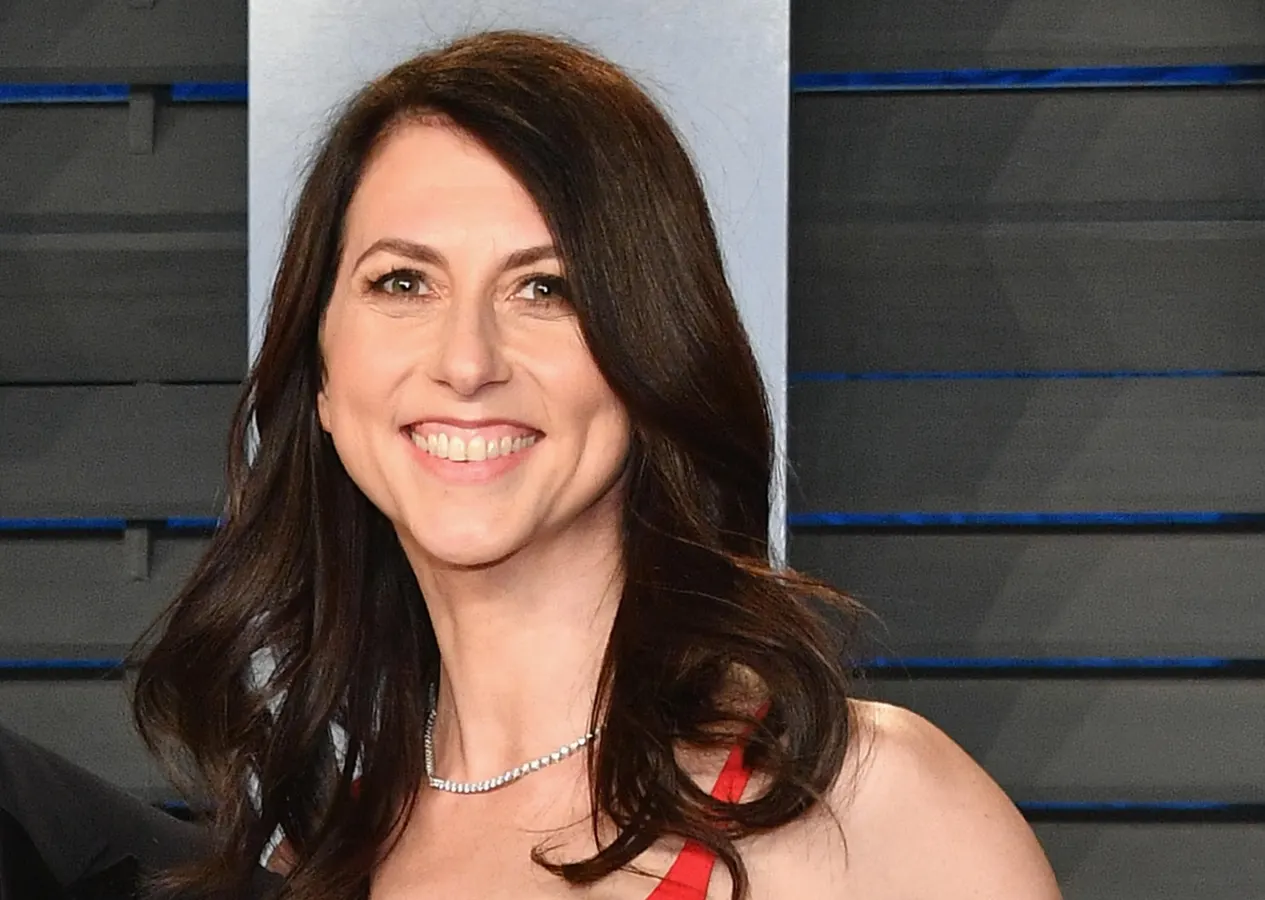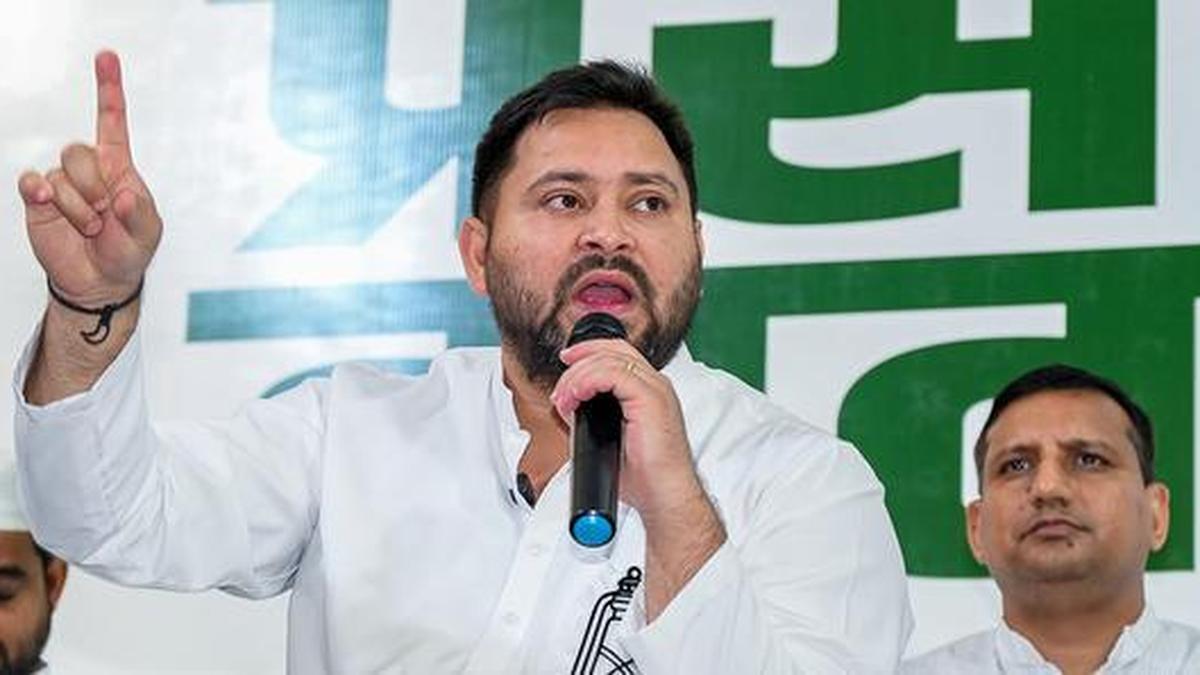Copyright forbes

Why Economic Inclusion Is The Missing Key To A Thriving Global Economy For decades, conversations about equality in business have focused on opportunity. But as data continues to reveal just how uneven the playing field remains; the real issue isn’t opportunity, it’s economic inclusion. Without systemic change in how capital is distributed and who gets access to it, we can’t build an economy that works for everyone. Women of color make up about 20 percent of the U.S. population, yet they receive only 0.39 percent of all venture capital funding, according to Women Who Code. That isn’t just an oversight; it’s a structural problem that carries large economic consequences. When entire groups of innovators are excluded from capital, globally we lose out on new ideas, stronger businesses, and wealth creation. The Real Cost of Exclusion Economic exclusion doesn’t just hurt the entrepreneurs who are left out. It stifles progress across industries and weakens our overall economy. Studies repeatedly show that companies with diverse leadership teams outperform their peers. As a result, when more voices and experiences shape decision-making, innovation expands. However, despite clear evidence of the value of diversity, capital continues to flow to the same demographic who are primarily white, male founders. According to McKinsey & Company, women-founded teams receive just 1.9 percent of all VC funds, while Black and Latino women founders receive only 0.1 percent. This inequality limits the pipeline of fresh ideas that drive economic growth. The issue isn’t that there is a lack of talent or ambition among underrepresented founders; it shows that there is a lack of access. Without the same access to networks, resources, or visibility in investment spaces, brilliant businesses never get the chance to scale. MORE FOR YOU Why Economic Inclusion Matters Economic inclusion means more than writing a few checks to underrepresented founders. It’s about embedding equity into the way financial systems function and ensuring that every person, regardless of race, gender, or background, has the right and ability to participate fully in the economy. When funding, policy, and opportunity reflect the diversity of society, the results multiply. Communities gain stronger local businesses, more jobs, and generational wealth. Investors benefit from untapped markets and new sectors of growth. And the global economy becomes more resilient by reducing its dependence on a narrow segment of the population. “Funding women of color is not charity,” says Arian Simone, entrepreneur, investor, and co-founder of Fearless Fund. “It’s smart economics. When women of color have access to capital, communities grow stronger, and wealth becomes more evenly distributed.” Moving Beyond Funding Toward Policy Many investors and business leaders now realize that real change won’t come from funding alone as it must come from policy reform. If the rules of capital allocation remain biased, inclusion will always be an uphill battle. Simone has seen firsthand how limited access to funding can hold back progress. “We realized we weren’t making enough of an impact,” she says. “If we truly want equity, it’s not just about writing checks; it’s about rewriting the system.” To have a like this requires designing economic systems that protect the right to fund marginalized communities. Governments and institutions can play a role by creating incentives for inclusive investing, expanding access to credit and education, and holding organizations accountable for equitable practices. “Society will function much better when it’s equitable,” Simone adds. “Economic inclusion is not only the right thing to do; it’s what will keep our economies thriving for generations.” Building an Economy That Works for Everyone True prosperity requires more than GDP growth. It requires shared access to opportunity, and that’s what economic inclusion delivers. When we address the root cause of wealth disparity, not just the symptoms, we can create systems that reward potential rather than privilege. Economic inclusion ensures that success isn’t defined by who you know, but by what you can build. It transforms exclusion into innovation and turns fairness into fuel for global progress. The message is simple: when everyone has a fair shot, everyone wins. Melissa Houston, CPA, is the author of Cash Confident: An Entrepreneur’s Guide to Creating a Profitable Business, the founder of She Means Profit, and creator of ProfiVise — the “CFO in your pocket” that helps small business owners grow profit, manage cash flow, and make smarter financial decisions. She Means Profit is dedicated to advancing women entrepreneurs with the financial education, strategic coaching, and business resources they need to break financial barriers, scale profitably, and build sustainable wealth. Our mission is to increase the number of women-owned businesses generating $1 million+ in revenue, ensuring that more women achieve financial independence and long-term success. The opinions expressed in this article are not intended to replace any professional or expert accounting and/or tax advice whatsoever. Editorial StandardsReprints & Permissions



